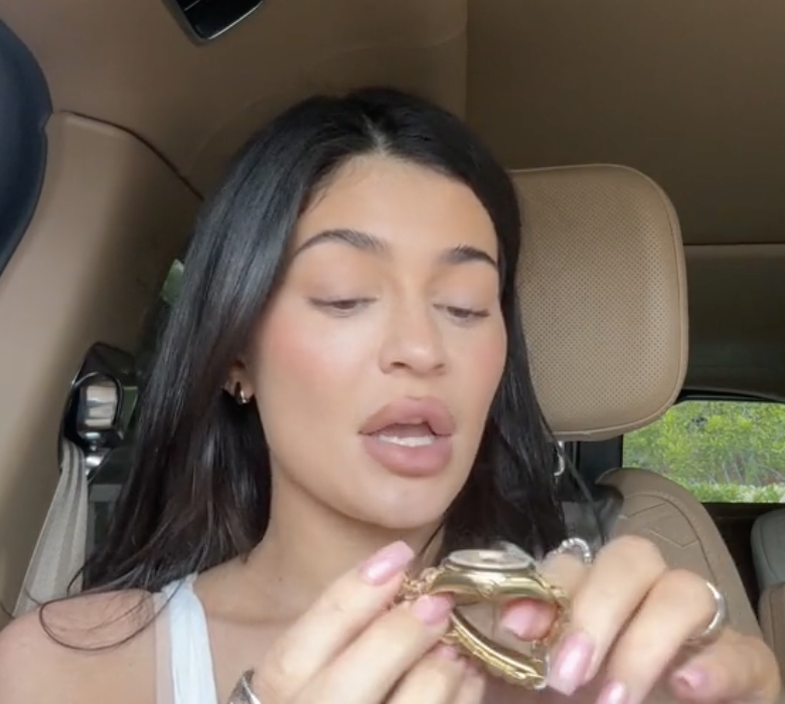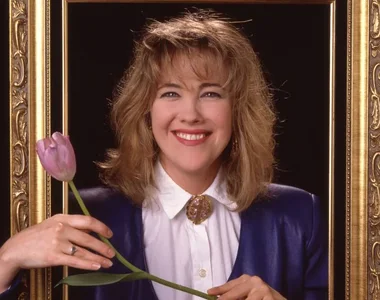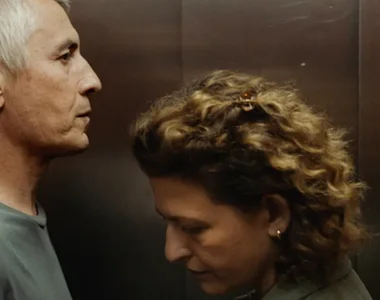
Kylie Jenner, në një video në TikTok, u tregoi njerëzve se çfarë mban në çantë dhe interneti thjesht s’po e mban dot veten me mënyrën sesi Jenner nxjerr orën e saj Rolex nga çanta dhe e trajton, le të themi, jo me aq shumë përkujdesje sa do e trajtonin njerëzit e thjeshtë.
Videoja nis me Kylie që tregon çantën e saj të preferuar Bottega Veneta dhe thotë: “Kjo është çanta ime e preferuar. Ishte investimi më i mirë. Është shumë e bukur, nga Bottega dhe mban gjithçka”.
Më pas, Kylie procedon të nxjerrë një desinfektues duarsh (sigurisht, nga marka e saj) dhe si pa të keq, kërkon në çantë dhe nxjerr orën e saj Rolex, me vlerë 41,500 dollarëshe dhe tregoi se orën e mban edhe Stormi, e cila e vendosi në një ditëlindje dhe pastaj s’pati dëshirë ta vendoste më.

Sigurisht, siç ua pret mendja, njerëzit nisën me komentet.
“Rolex-i…në çantë…e nxjerr ashtu”, tha dikush.
“Stormi ka vendosur Rolex-in në një festë ditëlindjeje”, komentoi një tjetër person, shoqëruar edhe me një emoji duke qarë.
“Ora Rolex, e hedhur diku në çantë, lot”, shkroi dikush tjetër.
Një tjetër person vuri re se ora kishte disa gërvishtje nga mënyra se si Kylie e përdor dhe theksoi se ky fakt e torturon!
Nejse, në jetë këtë qëllim kam: Të arrij pikën që ta hedh gjetkë orën time 41,500 dollarëshe!
Artikuj të sugjeruar:







